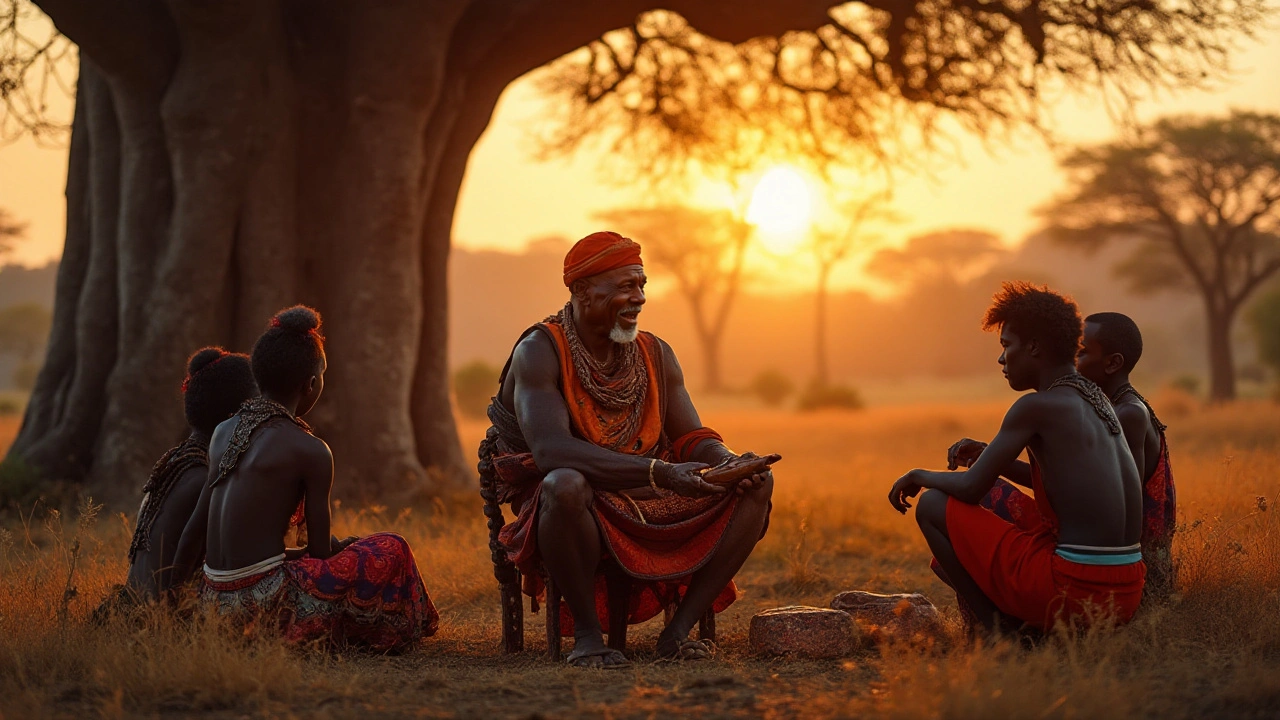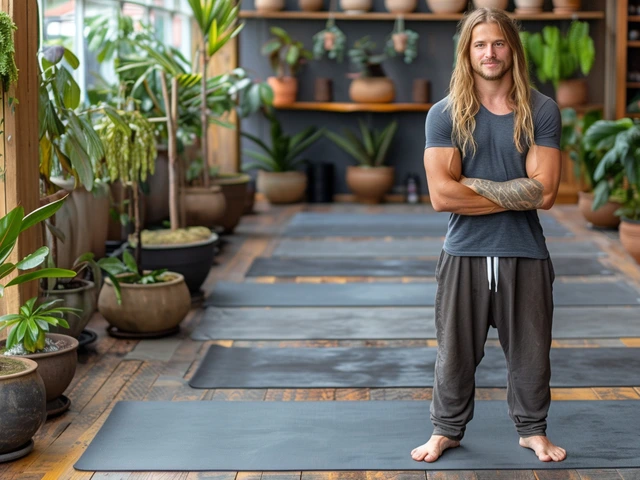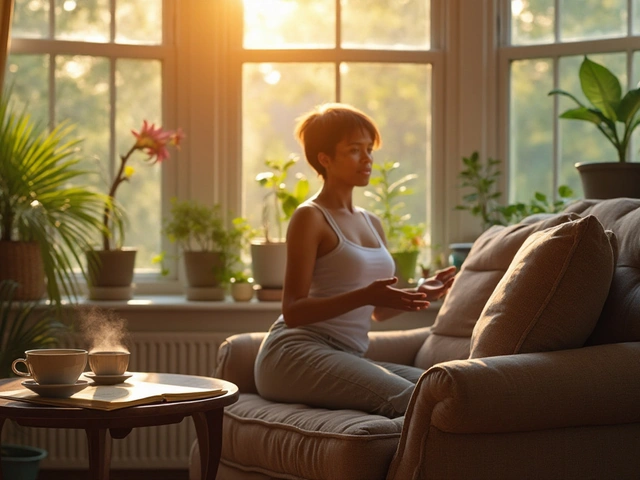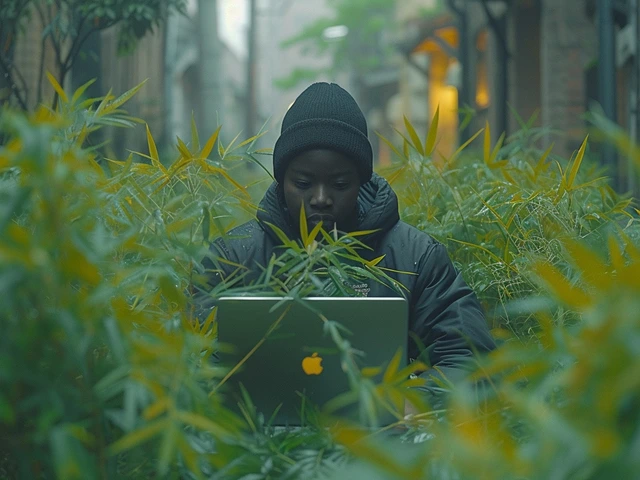African Heritage Massage: Traditions, Techniques & Healing Benefits
If you’ve ever wondered why a simple touch can feel so powerful, African heritage massage offers a clear answer. Rooted in centuries‑old rituals, these techniques blend rhythmic movement, herbal oils, and deep respect for the body’s natural energy. In this guide we’ll break down what makes African bodywork unique and how you can bring its benefits into your own wellness routine.
What Sets African Heritage Massage Apart?
First off, African massage isn’t a single style – it varies from West African “Bògòlanfini” rituals to East African “Tanzanian Swahili” bodywork. The common thread? A focus on whole‑body circulation and community connection. Practitioners often use rhythmic drumming or chants to sync the client’s heartbeat with the therapist’s pressure, creating a calming flow that feels almost meditative.
Another key element is the use of natural ingredients. Warm oil infused with shea butter, moringa, or baobab seed extracts adds skin‑softening benefits while delivering antioxidants straight into the muscle tissue. The scent alone can trigger relaxation responses in the nervous system.
Practical Tips to Experience African Heritage Massage
Ready to try it? Start by searching for local spas that advertise “African bodywork” or “traditional African massage.” Many practitioners will offer a short consultation where they explain their lineage and any specific rituals involved. Ask about the type of oil used – authentic shea butter indicates a genuine approach.
If you’re at home, you can mimic simple techniques: apply warm shea oil, use long, flowing strokes along the limbs, and incorporate gentle tapping with fingertips to stimulate circulation. Pair this with soft African drums or recorded rhythms to recreate the therapeutic atmosphere.
Remember, African heritage massage is as much about respect and intention as it is about pressure. Set a clear intention for your session – whether it’s releasing stress, improving flexibility, or honoring cultural roots – and share it with your therapist. That shared focus amplifies the healing effect.
Incorporating these practices into regular self‑care can improve blood flow, reduce muscle tension, and even support mental clarity. Plus, you get a taste of rich cultural traditions that have helped communities thrive for generations.
So next time you’re looking for a fresh way to unwind, give African heritage massage a try. It’s more than a treatment; it’s a connection to history, nature, and the rhythm of your own body.

Exploring the Rungu: An Insight into African Cultural Heritage
The Rungu, a traditional African weapon, holds great significance in various cultures across the continent. Often crafted from wood, it serves not just as a tool for defense, but as a symbol of leadership and status within communities. Understanding the Rungu involves delving into its historical context, craftsmanship, and its evolving role in modern society. This article explores the multifaceted importance of the Rungu and its ties to African heritage.
Categories
- Health and Wellness (149)
- Alternative Therapies (96)
- Massage Therapy (40)
- Travel and Culture (15)
- Beauty and Skincare (9)
- Holistic Health (8)
- Health and Fitness (6)
- Spirituality (5)
- Other (2)
- Personal Development (2)
Popular Articles

Hellerwork: A New Era of Body Wellness
Aug, 5 2023

Unlocking Health with Acupressure Techniques
Dec, 22 2024

